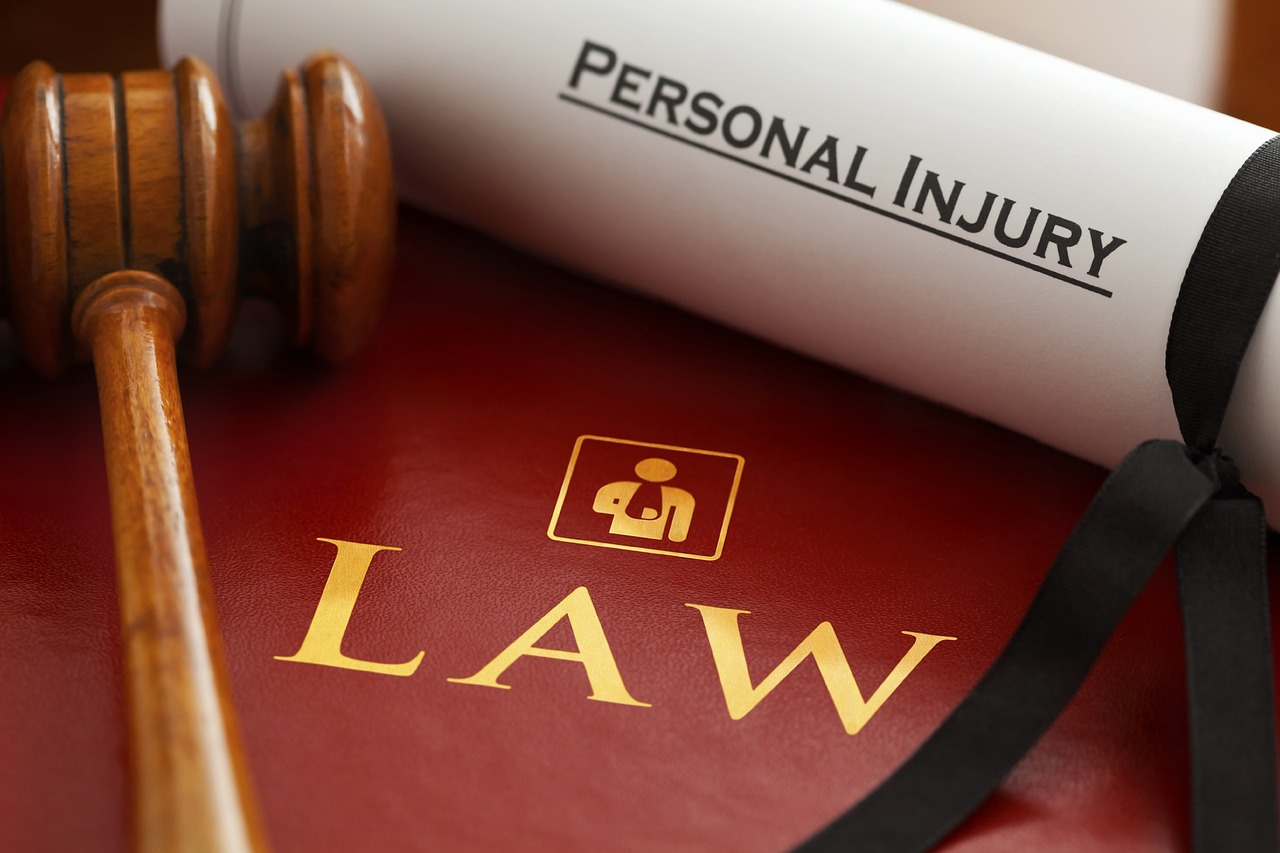Personal injury claims involve a thorough evaluation of damages that the injured party sustained. Typically, damages are categorized into economic and non-economic damages. As the injured party, you must understand how these damages differ from each other as you navigate the legal landscape with a great attorney from the best Des Moines personal injury law firm.
What are Economic Damages and Non-economic Damages?
These damages are tangible losses that you incurred because of the accident that caused your injury. They are easy to calculate because they involve solid financial losses. They can include hospital bills, emergency services, medication costs, rehabilitation services, future medical expenses, property damage, and lost income.
Meanwhile, non-economic damages are intangible losses that can result from your injuries. Calculating these losses can be hard because there are no solid proofs of their existence. While economic damages can be easily calculated through receipts and bills, there is no such documentation associated with non-economic damages. Non-economic damages refer to the subjective and emotional effect of the injuries on your quality of life. They can include pain and suffering, loss of life enjoyment, emotional distress, loss of consortium, and scarring and disfigurement.
The Legal Framework for Damages
Iowa follows the modified comparative fault system, which determines the amount of fault assigned to every party. Every party involved in a personal injury case is assigned a fault percentage according to their contribution to the accident. In the state, you should not be more than 50 percent at fault for the accident to get compensation. Your final compensation will be reduced by your fault percentage.
Factors that Affect Damages
Different factors impact how much damage you can be awarded in your personal injury case. They include the following:
- The seriousness of your injuries. The more serious your injuries are the more damages you can be awarded.
- Documentation. To recover maximum compensation, document your economic losses thoroughly.
- Expert testimony. An expert witness can offer insight into your injuries’ long-term effects.
- Legal representation. If you want to recover the full extent of your damages, seek legal representation.
How an Attorney Help
Spinal injuries can be life-altering, often leading to significant medical expenses, loss of income, and long-term rehabilitation needs. Navigating the complexities of a personal injury claim requires experienced legal support to ensure fair compensation for both physical and emotional damages. To learn more about seeking justice in spinal injury cases, find detailed information about Bengal Law and their dedicated approach to helping clients rebuild their lives after traumatic injuries.
A skilled personal injury lawyer understands the emotional, physical, and financial challenges you may face after a personal injury. If you have sustained serious injuries in an accident due to the negligence of another party, an attorney can advocate for your rights and interests. They can help you secure the maximum compensation you deserve. Here’s why you need an attorney when pursuing an injury claim:
- They have extensive experience. The best injury attorney has successfully handled several personal injury cases in the past, especially the kind of accident or injury you have suffered. Whether your injuries resulted from a slip and fall accident or a car accident, you can rely on an attorney for legal advice and guidance.
- They employ a comprehensive approach. Your attorney will meticulously examine all the details of the accident to build a strong case. They want to make sure that every aspect of your damages is accounted for.
- They conduct thorough investigations. Your attorney will thoroughly investigate the circumstances that surround your injuries. This includes collecting evidence, speaking with witnesses, and collaborating with experts to identify and establish liability and boost your claim.
- They can effectively negotiate a fair settlement with an insurance company, keeping your best interests in mind.
- They can aggressively litigate your case. If negotiations do not lead to a successful outcome, your attorney can take your case to court. When this happens, your lawyers will aggressively pursue a claim through each stage of the court process. They will advocate for your rights and interests before a jury or judge.
If you have sustained injuries in an accident, a skilled attorney can help you navigate the complex legal system. They are committed to helping you recover the maximum compensation you need.











